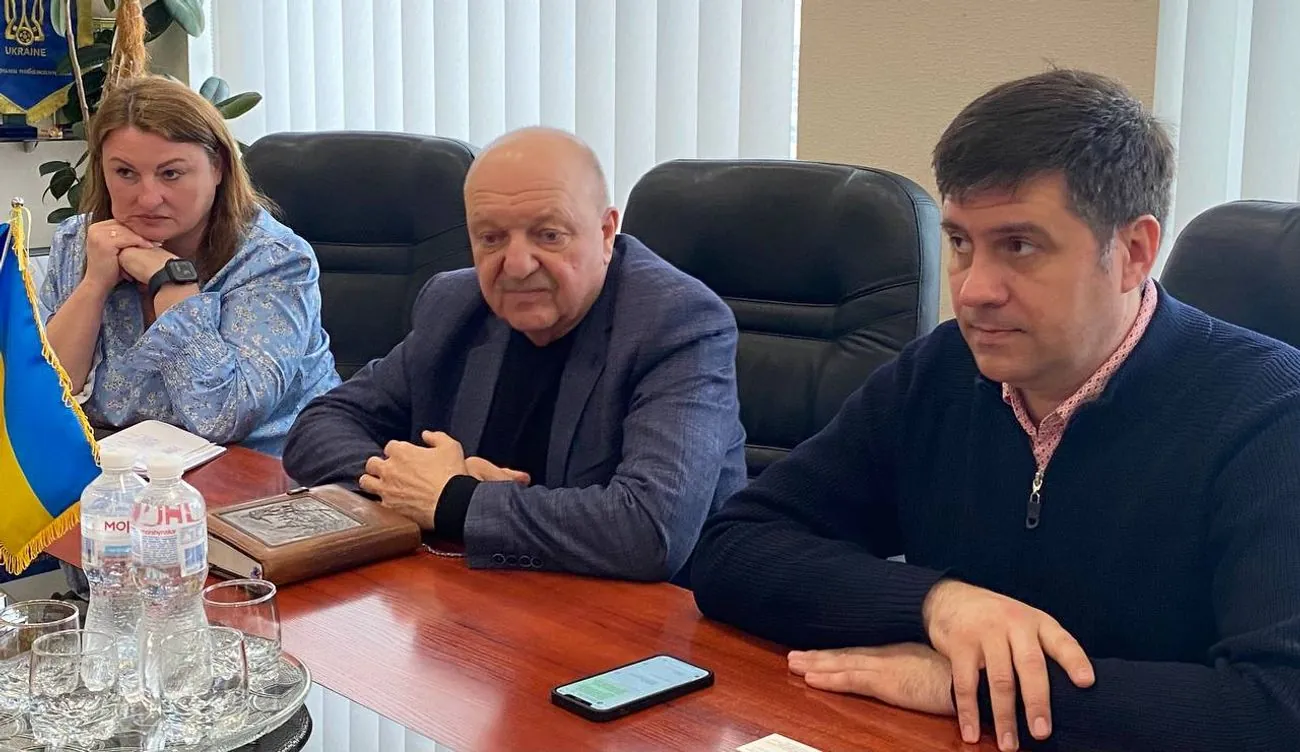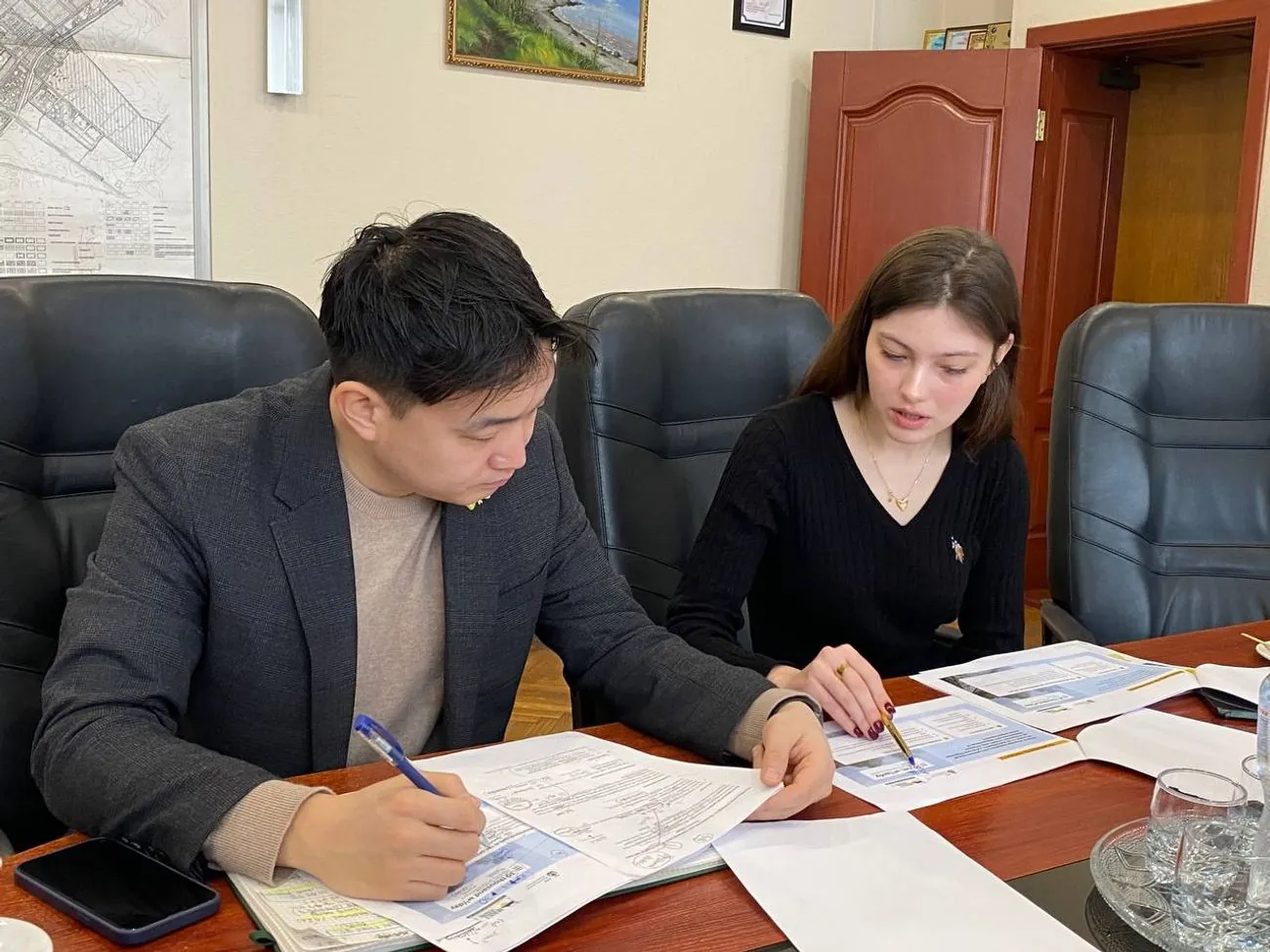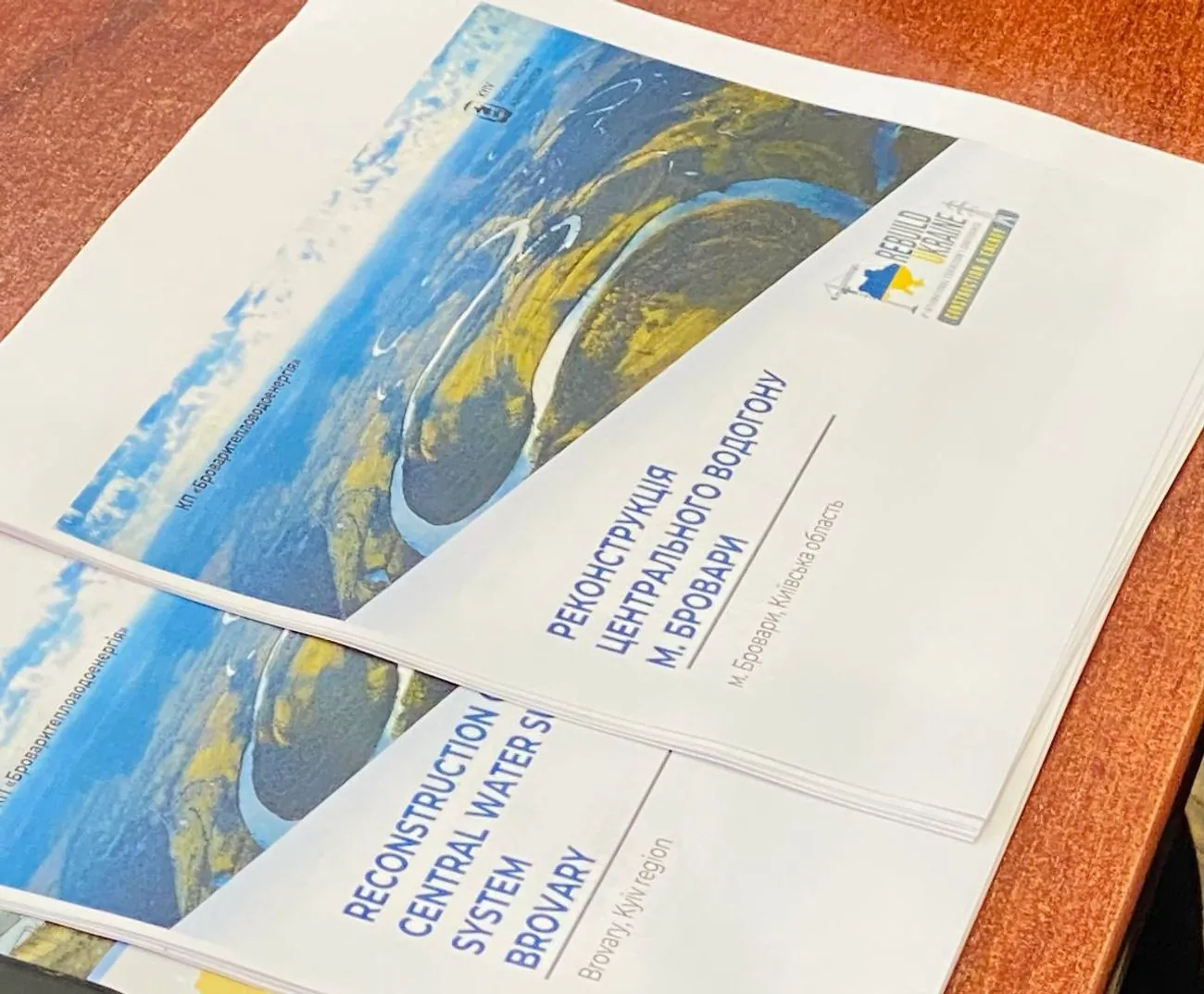South Korea is considering joining the reconstruction of the water pipeline and treatment facilities in Brovary
Kyiv • UNN
South Korean partners are considering financing the reconstruction of the water pipeline and treatment facilities in Brovary, worth UAH 1.2 billion. The modernization will improve the treatment and ensure the reliability of outdated facilities.

Partners from South Korea are considering joining the financing of the reconstruction of the water pipeline and treatment facilities in Brovary. The modernization of these facilities may cost about UAH 1.2 billion, writes UNN.
The fact that the Korean government organization is considering the possibility of joining the implementation of two projects in Brovary reported Brovary Mayor Igor Sapozhko.
"These projects were selected by international partners as being quite important and requiring the involvement of donor funds," said Igor Sapozhko.
According to him, during the meeting with representatives of South Korea, the stages of implementation of projects for the reconstruction of the water pipeline and treatment facilities in Brovary were considered and discussed in detail.
Representatives of South Korea visited KP "Brovaryteplovodoenerhia" to get acquainted with projects that have the potential for international co-financing. According to the director of the municipal enterprise Hryhoriy Golubovsky, foreign guests saw the operation of the water supply system and sewage treatment plants of the city, and also studied the treatment technologies by which they operate.
Golubovsky noted in a comment to UNN that the South Korean side has not yet made a concrete decision on cooperation, but expressed sincere interest.
"Now they will make a decision on the possibility of financing or part of the financing, because he did not voice any decisions, he simply showed interest in these projects and what public significance they have, both for the city and for the ecological situation as a whole. It was more of a study, getting acquainted with the problems," Golubovsky explained.
According to preliminary estimates made before the full-scale invasion of Russia into Ukraine, the complete reconstruction of treatment facilities may cost about 25 million euros. As for the modernization of the water pipeline, there is no project documentation yet, but the preliminary estimate is 50-60 million hryvnias.
The treatment facilities in Brovary, built in 1980 and have long been not meet modern environmental requirements, and therefore need to be modernized.
"Modern chemistry, which is used in detergents, is already very difficult to break down and cleaned by the technologies that are currently available, because they are generally from the 60s. It is designed, excuse me, for mustard and laundry soap, mostly. Therefore, modernization will improve cleaning. And secondly, it is reliability, because the structures are 45 years old, we patch them every year, but they, as they say, are breathing their last, because there are already concrete structures and metal structures that have deteriorated, and we just patch them every day, every week," explains Golubovsky.
Let's add
The Brovary community also has established partnerships with the following cities: Fontenay-sous-Bois (France), Hengyang (China), Zhanjiang (China), Rockford (USA), Sillamäe (Estonia), Krasnitsky district (Poland), Gniezno district (Poland), Grodzisk district (Poland), Tonalá (Mexico), Santa Marinella (Italy).
After the full-scale invasion of Russia into Ukraine, in 2022, the German cities of Erlangen and Jena joined the list. They became the main support for the Brovary community during the full-scale war.
Cooperation between Brovary, Jena and Erlangen covered a wide range of areas: from the supply of medical equipment to educational exchanges and humanitarian aid.
According to Brovary Mayor Igor Sapozhko, in November 2022, with the support of Jena, Erlangen and the German society Engagement Global, equipment worth more than UAH 3.9 million was purchased for the Brovary hospital. In the winter of 2023, the community received a heat fan and generator from Jena to support energy supply. In March of the same year, the cities officially sealed the partnership with a solidarity agreement.


